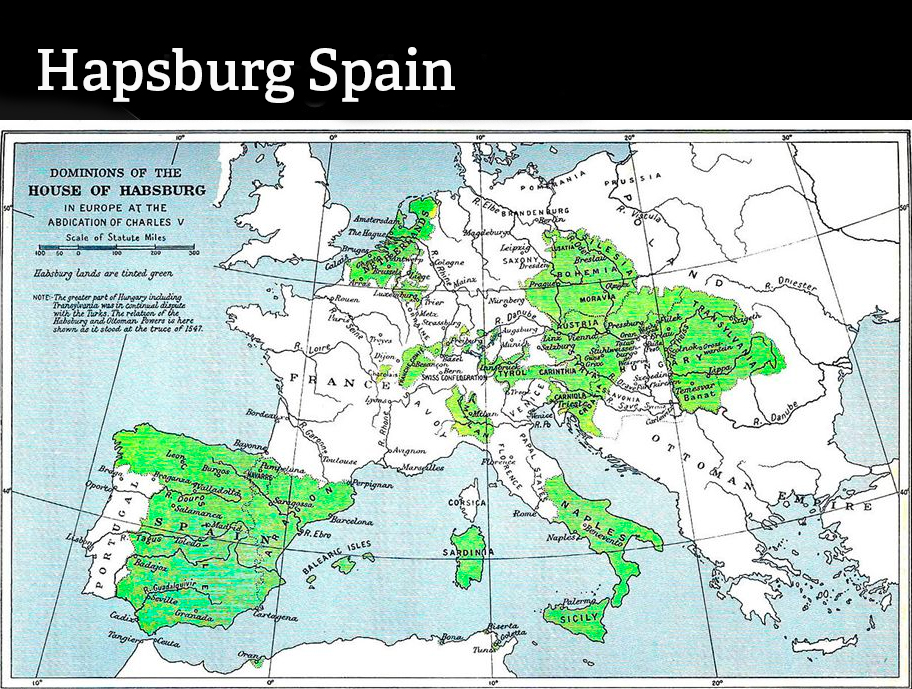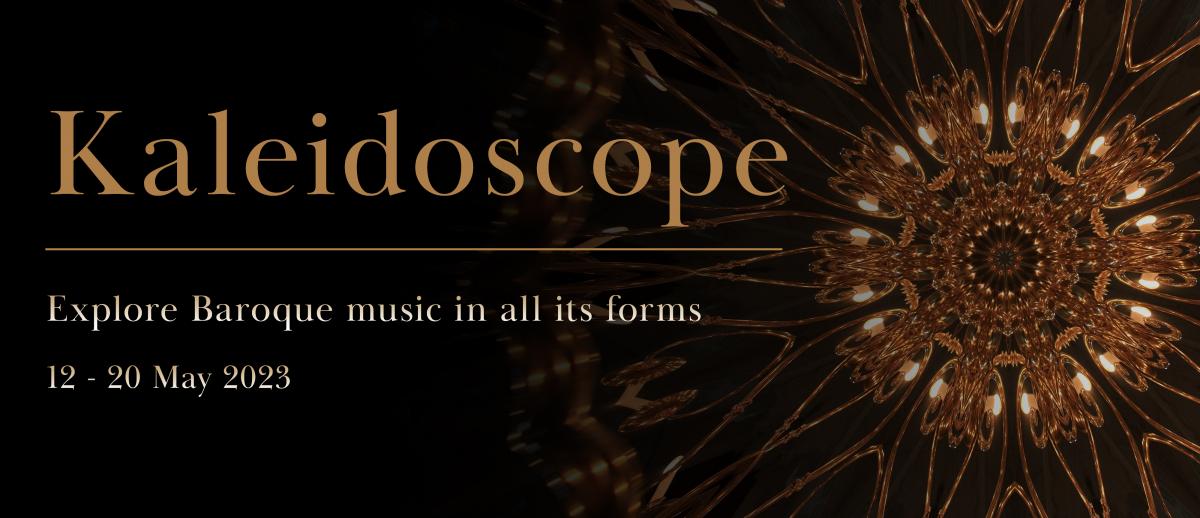The programme of this year’s London Festival of Baroque Music, which features a prominent Spanish flavour, is beyond exciting! Not only will there be twelve ground-breaking concerts, but the Festival will also feature some of the most renowned soloists and instrumental groups from Spain,France and the UK.
When it comes to Baroque music, one would likely think of the ageless German, Italian, French and English masters such as J. S. Bach, Pachelbel, Telemann, Vivaldi, Corelli, Pergolesi, Couperin, Rameau, Lully, Handel and Purcell. However, what about the composers from Spain? Why were they so overlooked and little-known?
Spain, as we now know it, was not called ‘Spain’ back in the Baroque era. Instead, it was known as Habsburg Spain, a widely recognised global power. Between the sixteenth and eighteenth centuries, under the reigns of Philip II, Philip III, Philip IV and Charles II, Habsburg Spain ruled much of Western Europe, the new world, as well as lands that belonged to modern-day France, Belgium and Italy.

Nevertheless, despite the seventeenth century being a Golden Age for Spanish culture, music held a subsidiary, even a subservient place, next to theatre and the visual arts, in terms of private, public and ecclesiastical patronage, commercial appeal, and influence in society. An obvious reason for this lesser status was that Spanish music of this period survived largely in manuscript copies. Very few composers published their works, the printers found little market for their services, and the public, despite highly literate, were mostly unable to understand musical notation.
The fact that Spanish musicians left behind very few accounts of their lives, performances, ormusical ideas could be attributed to their lowly status at the time. Composers and performers werelargely just servants and artisans employed by the court, the church or the city. And unlike France, Germany and northern Italy, these establishments did not allow composers to gain any fame. Names of composers and performers were almost never given in the printed descriptions of royal entertainments and, if they were indeed mentioned, only a stage name would be provided. For these reasons, Spanish composers rarely put their names on their works. Writers, painters and poets who collaborated with these composers had little interest to mention their colleagues’ names either. As such, much of the surviving music from Baroque Spain has come down to us without any attribution.
Until very recently.
Substantial musicological research has been conducted to unearth and reidentify a considerable amount of hitherto unknown Spanish music and manuscripts from the sixteenth, seventeenth and eighteenth centuries. This has led to some musicologists and historians calling Spanish Baroque music ‘a hidden gem’! But just how special is this music? What are its distinctive traits? Do they sound different to the other Baroque compositions that we have got used to?
We very much hope to see you at St John’s Smith Square for this year’s amazing London Festival of Baroque Music! And together, we shall rediscover some of the most fascinating musical compositions from Spain, all of which would reveal a sense of freshness and provide you with an added layer of appreciation for music from the Baroque era!
Discover the Festival here


